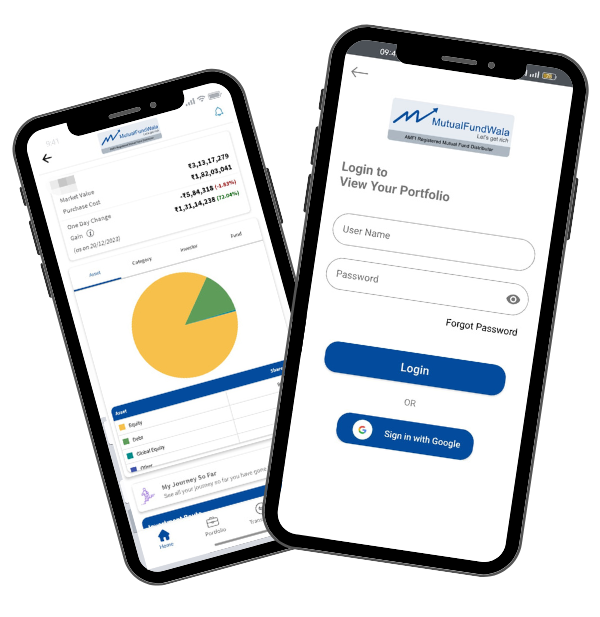Indian corporations often find themselves with a cash surplus. In this article, we will investigate the preferred locations for the surplus investments made by Indian corporations.
Fixed Deposits and Debt Instruments
Fixed deposits and other debt instruments (such as corporate FD’s) are two preferred destinations where Indian corporations park their surplus funds. FD’s and Debt instruments are a no-brainer. Return predictability, safety, and liquidity are the apparent reasons for this choice.
Another way to generate consistent revenue while maintaining liquidity for corporations is to purchase bonds, commercial papers, and other debt instruments.
Large Indian corporations heavily invest in mutual funds (mostly fixed income) to generate returns. Most corporations seek greater returns than conventional fixed deposits and are drawn to debt funds.
MutualFundwala has a help desk that will assist corporates in completing KYC and other formalities and selecting an ideal fixed-income scheme that will fit in the organisational scheme of things.
Government Securities
Indian corporations frequently invest surplus funds in government assets like bonds and treasury bills. Due to their sovereign nature, these investments are practically zero risk and have high-liquidity. They are well accepted fixed-income instruments.
Corporate entities also purchase treasury bills issued by RBI. With maturities ranging from 91 to 364 days, Treasury bills are short-term sovereign debt instruments offering secure and liquid investment options.
Corporate Bonds and Debentures
Indian corporations with a treasury desk invest in corporate bonds and debentures to diversify their investment portfolios and get better returns. Corporate Bonds have higher yields than government securities but are considered high risk against Government securities.
Commercial Real Estate
Some Indian corporations use the extra funds to buy industrial or office space for their businesses. These investments can increase value, generate rental income, and act as an inflation hedge.
Venture Capital and Private Equity
More giant Indian corporations with significant surplus funds might consider investing in venture capital and private equity. Exposure to these high-growth start-ups and businesses is provided, with the potential for long-term favourable returns. This is suitable for large companies which generate large surpluses.
निष्कर्ष
Indian corporations invest in surplus funds carefully, maximising returns while minimising risk. Most Indian corporations prefer to invest their excess funds in fixed deposits, debt instruments, mutual funds, government securities, corporate bonds, and real estate.
However, Debt Mutual Funds are the preferred choice. Each investment option fits their financial objectives, risk tolerance, and liquidity requirements. And investments are consistent with their goals of safety and liquidity.
Read More About Debt Funds to Park Surplus funds in the corporate accounts – डेब्ट फंड क्या हैं?











